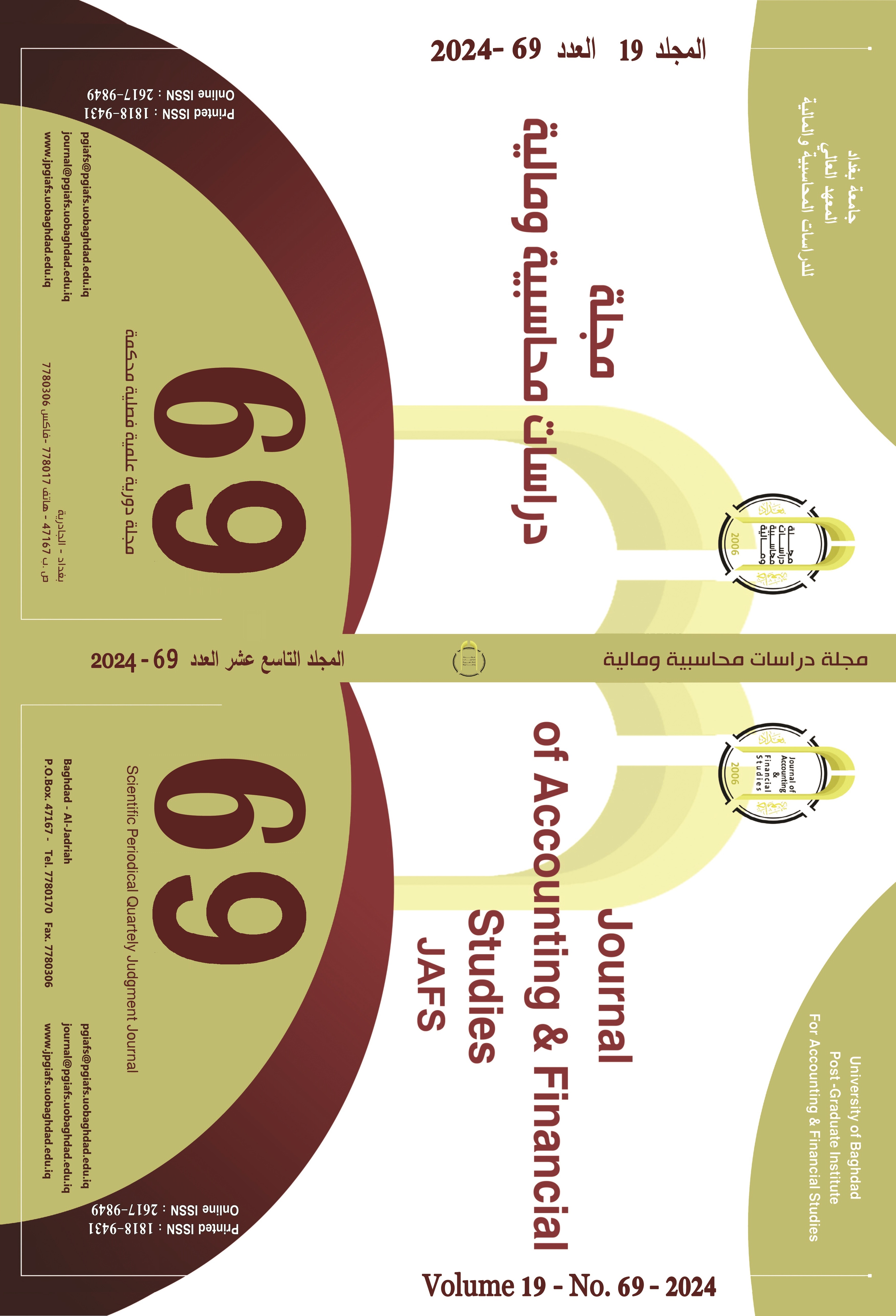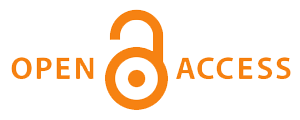Strategies Used by Auditors to Negotiate Accounting Estimates and Impact the Quality of Professional Work
DOI:
https://doi.org/10.34093/ma3nzq58Keywords:
Negotiation Strategies, Auditor, Quality of Professional PerformanceAbstract
Negotiation strategies in auditing include six different strategies: decisiveness, avoidance, concession, settlement, problem solving, and expanding the agenda, divided into distributive and integrative strategies. The research aims to clarify the negotiation strategies for auditing and the extent of their impact on the quality of the auditor’s professional performance, by identifying the negotiating strategies between The auditor and the client and the extent of the impact of these strategies on the quality of professional performance in light of the difference in the number of factors affecting the auditor’s choice of negotiating strategies in the local environment. The research in the applied aspect relied on the questionnaire form that was designed for the purpose of testing the research hypothesis and achieving its objectives, as (67) questionnaires were distributed. To the auditors in the first-class audit offices and companies, numbering (180) auditors, and they were recovered and all of them are suitable for analysis. The research hypothesis was tested using the simple linear regression method. The research reached a set of conclusions, the most important of which was that there is a direct influence relationship between the two variables. The most important The research recommendations include the need for professional organizations to formulate a standard for the negotiation process that includes defining the concept of negotiation, the issues to be negotiated, the negotiating strategies and tactics for each strategy, and the result that can be reached.
Downloads
Published
Issue
Section
License
The copyright is transferred to the journal when the researcher is notified of the acceptance of his research submitted for publication in the journal.



